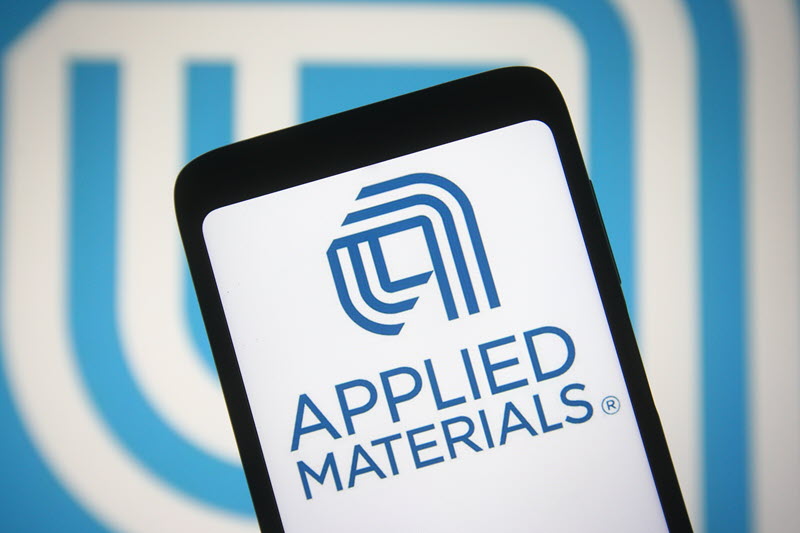Asia FX muted, dollar weakens slightly ahead of Fed rate decision
In a challenging market environment, Applied Materials, Inc. (NASDAQ:AMAT) stock has recorded a new 52-week low, dipping to $123.75, marking a significant decline from its 52-week high of $255.89. According to InvestingPro analysis, the stock’s RSI indicates oversold territory, potentially presenting an opportunity for value investors. The semiconductor company, which has been navigating through a period of volatility in the tech sector, has seen a significant downturn over the past year, with the 1-year change data reflecting a steep decline of -38.41%. Despite the current market challenges, the $103 billion market cap company maintains a "GOOD" Financial Health Score from InvestingPro, with current price levels suggesting potential undervaluation compared to its Fair Value. Investors are closely monitoring the stock as it hits this critical price level, considering the broader implications for the semiconductor industry and tech stocks at large. The 52-week low serves as a key indicator of current investor sentiment and potential future movements for AMAT shares. For deeper insights into Applied Materials’ valuation and 18 additional exclusive ProTips, visit InvestingPro.
In other recent news, Applied Materials announced a 15% increase in its quarterly dividend, raising it to $0.46 per share, set for distribution on June 12, 2025. The company also authorized a new $10 billion share repurchase program, adding to its existing buyback plan. In another financial development, Applied Materials secured a $2 billion revolving credit facility, replacing a previous $1.5 billion line, with an option to expand to $2.5 billion under certain conditions. Shareholders recently approved the election of ten directors and the executive compensation package for fiscal year 2024. Additionally, they ratified KPMG LLP as the independent auditor for fiscal year 2025. Applied Materials also unveiled the SEMVision™ H20 system, a defect review tool that integrates advanced AI and eBeam technology to enhance chip manufacturing processes. The system promises faster and more accurate defect detection, crucial for the production of sophisticated semiconductor chips. These developments underscore the company’s efforts to strengthen its financial strategies and technological advancements.
This article was generated with the support of AI and reviewed by an editor. For more information see our T&C.
